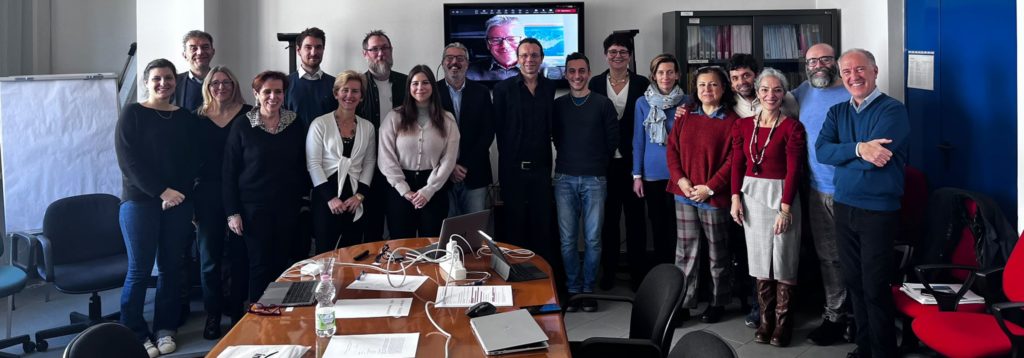
AIMS
Cybersecurity for children has become a rapidly growing topic due to the increased availability of the internet to
Cybersecurity for children has become a rapidly growing topic due to the increased availability of the internet to children and their consequent exposure to various online risks. Children start going online at an early age, and are doing so even more after the sudden rise in remote schooling due to the COVID-19 pandemic. It is therefore very important to provide teachers with proper training in cybersecurity skills so that they can transfer them to their youngest pupils.
SuperCyberKids aims to respond to this need by providing children aged 8 to 13 and their teachers with an educational ecosystem providing learning content on cybersecurity, using a game-based approach to increase motivation and engagement. The content will be delivered through a gamification platform, including two games on cybersecurity. The overall project approach is based on the delivery of the two main project results, the educational ecosystem and the related guidelines for implementing it. We will then carry out four pilots in four different settings (Europe-wide in English, and in local languages in Italy, Estonia, Germany) to test the results. This will lead to develop a Handbook of good practices on cybersecurity education in schools for children aged 8-13, including recommendations for researchers, school heads and teachers, parents, game and instructional designers, as well as Recommendations targeting relevant policy makers, regulatory bodies and institutions in cybersecurity education.Eight partners from 5 countries are involved, including the umbrella organisations dealing at EU level with cybersecurity (ECSO), and school heads (ESHA), who collect through their membership actors from all Europe. Thanks to ECSO and ESHA, stakeholders will be constantly involved in the project activities, through panel groups and small-scale enactment events, in addition to at least fifty school heads plus at least one-hundred teachers who will be directly participating in the pilot uses cases.
